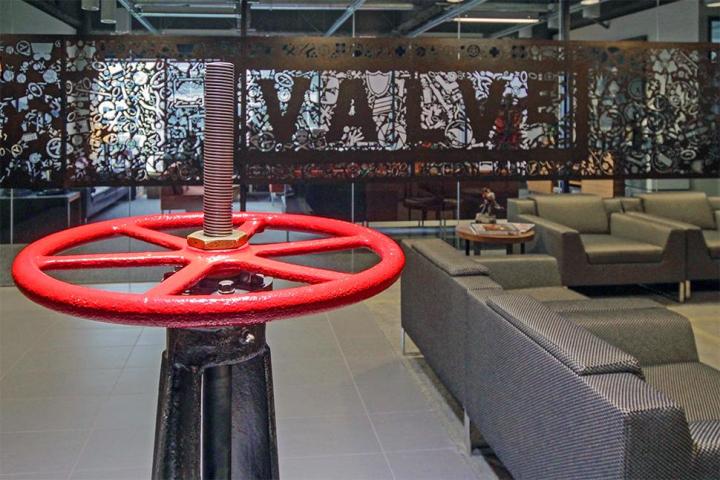
Newell stressed that the projects aren’t merely tech demos like 2016’s free VR title The Lab, a prototype experience that coincided with the launch of the HTC Vive, the headset that Valve partnered on with HTC. All we know so far is that the games will be built with Valve’s in-house engine Source 2 and Unity.
Newell further explained Valve’s steadfast commitment to the use of the emerging technology in games, emphasizing that he doesn’t think VR is a fad.
“It feels like we’ve been stuck with mouse and keyboard for a really long time, and that the opportunities to build much more interesting kinds of experiences for gamers were there — we just need to sort of expand what we can do. But it’s not about being in hardware, it’s about building better games. It’s about taking bigger leaps forward with the kinds of games that we can do,” he said.
Newell and his team won’t simply bring traditional console experiences into VR. “VR is not going to be a success at all if people are just taking existing content and putting it into a VR space,” he said. He explained that when Valve first started working on VR, the team put Half-Life 2 and Team Fortress in VR, but found that it didn’t add any substance to those experiences.
Valve is taking its time to create high-caliber VR experiences that truly differentiate themselves from traditional games, thus influencing more people to embrace the technology. In order to do this, the level of technology that Newell desires will need to catch up to his design ideas. Newell predicted VR will overtake almost all other display technologies in terms of resolution and refresh rate by as soon as 2018.
We already knew that Valve was dedicating a large amount of its resources to VR to turn its ambitions into reality. Last year, it was reported that roughly a third of Valve’s employees were developing for VR.
We’ll just have to wait and see if Newell’s vision for VR pans out in the three games.


